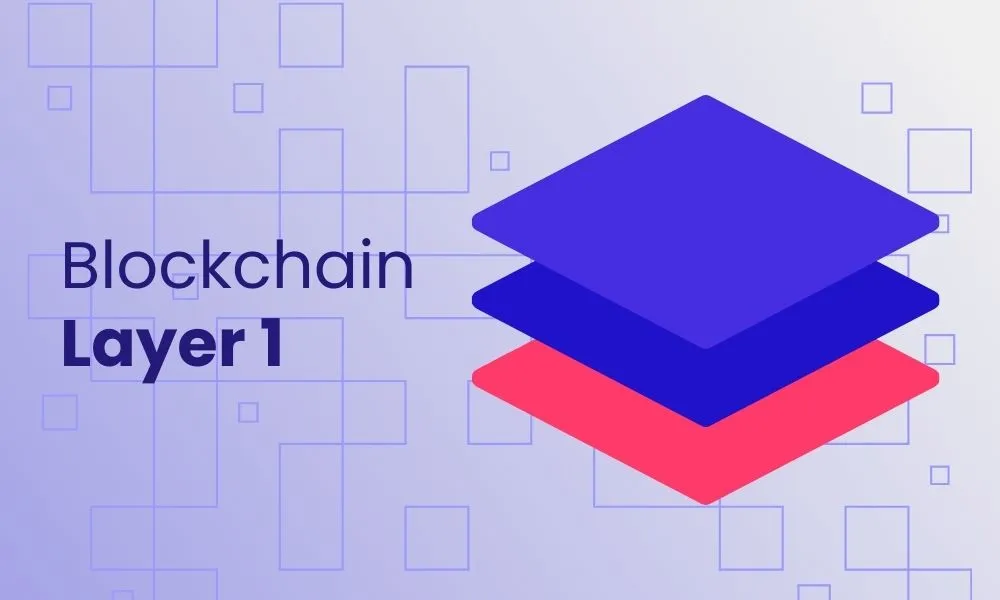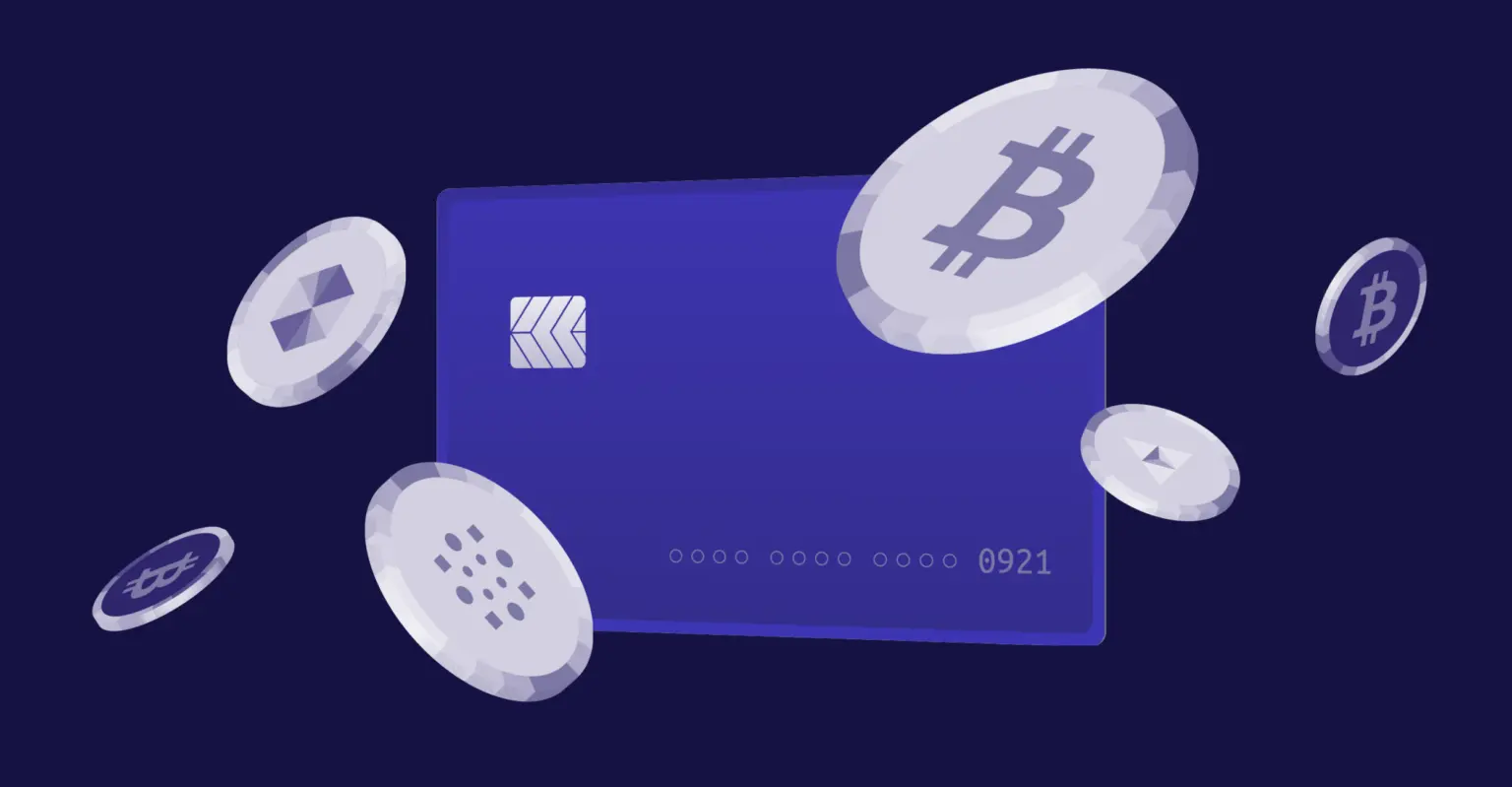DeFi Education: Professional Courses vs Self-Learning Approaches

DeFi education can be pursued through structured courses offering mentorship and certification, or self-directed learning using free resources, with professional courses providing faster skill development and networking opportunities.
Most people approach DeFi education randomly - they watch some YouTube videos, read a few articles, maybe try a protocol or two, then wonder why they're not making progress or losing money on investments they don't understand.
Professional DeFi education vs self-learning represents a fundamental choice about how seriously you want to approach this space. Self-learning can work but takes significantly longer and often leaves gaps in knowledge. Professional courses provide systematic frameworks but require investment.
The DeFi ecosystem evolves rapidly, making outdated information dangerous and current, comprehensive education valuable. The difference between systematic education and random learning compounds over time through better decisions and avoided mistakes.
This isn't about being academic - it's about developing practical skills that generate real returns while managing the complex risks that characterize decentralized finance. The quality of your education directly impacts your investment results.
Understanding the pros and cons of different educational approaches helps you choose the path that matches your goals, timeline, and learning style while avoiding costly mistakes.
After learning about Aave lending strategies and impermanent loss management, evaluating educational approaches becomes crucial for continued DeFi skill development.
DeFi Education Landscape 2025
The DeFi education space has matured significantly, offering multiple pathways for learning but requiring careful evaluation of quality and relevance.
Skill Requirements and Complexity
Technical Foundation: DeFi requires understanding blockchain fundamentals, smart contracts, and protocol mechanics beyond basic cryptocurrency knowledge.
Financial Literacy: Traditional finance concepts like yield curves, risk management, and portfolio theory apply to DeFi but with important modifications.
Economic Analysis: Protocol tokenomics, governance mechanisms, and incentive structures require specialized analytical skills.
Risk Assessment: DeFi-specific risks like smart contract failures, impermanent loss, and governance attacks need specialized understanding.
Regulatory Awareness: Evolving regulatory landscape requires ongoing education about compliance and legal considerations.
Career Opportunities in DeFi
Investment and Trading: Portfolio management, yield farming, and trading strategies for individuals and institutions.
Protocol Development: Smart contract development, protocol design, and security auditing for DeFi projects.
Research and Analysis: Fundamental analysis, risk assessment, and market research for investment firms and protocols.
Business Development: Partnership development, institutional sales, and ecosystem growth for DeFi companies.
Education and Consulting: Teaching others and providing advisory services as the space continues growing.
Learning Path Options
Structured Programs: Comprehensive courses with defined curricula, assignments, and progression tracking.
Self-Directed Learning: Using free and paid resources to learn at your own pace with personal curriculum design.
Hybrid Approaches: Combining structured courses for foundation with self-directed learning for specialization.
Practical Experience: Learning through actual protocol usage, investment, and hands-on experimentation.
Community Learning: Participating in DeFi communities, Discord servers, and collaborative learning environments.
Professional DeFi Course Benefits
Structured DeFi education programs offer systematic advantages over random self-learning approaches.
Structured Curriculum Design
Logical Progression: Professional courses present concepts in optimal learning order, building complexity gradually from foundational principles.
Comprehensive Coverage: Systematic coverage of all important topics rather than random exposure to whatever content you happen to find.
Updated Content: Regular curriculum updates to reflect current market conditions, new protocols, and evolving best practices.
Learning Objectives: Clear goals and milestones that help track progress and ensure thorough understanding before advancing.
Quality Control: Professional review and testing of educational content to ensure accuracy and relevance.
Expert Mentorship and Guidance
Industry Experience: Access to instructors with real DeFi experience and track records rather than just theoretical knowledge.
Personalized Feedback: Individual guidance on projects, strategies, and career development tailored to your specific situation.
Q&A Access: Direct access to experts for clarification on complex topics and current market developments.
Career Guidance: Advice on career paths, skill development, and opportunities within the DeFi ecosystem.
Network Connections: Introductions to industry professionals and potential collaborators or employers.
Hands-On Project Experience
Real Protocol Interaction: Guided experience using actual DeFi protocols with real money in controlled, educational contexts.
Strategy Development: Building and testing investment strategies with expert oversight and feedback.
Risk Management: Practical application of risk management principles in real market conditions.
Portfolio Construction: Hands-on experience building and managing DeFi portfolios with professional guidance.
Case Study Analysis: Working through real-world examples and historical cases with expert interpretation.
Networking and Community Access
Peer Learning: Interaction with other serious students and professionals pursuing similar educational goals.
Alumni Networks: Access to networks of course graduates working in various DeFi roles and companies.
Industry Events: Invitations to exclusive events, meetups, and conferences for continued learning and networking.
Collaboration Opportunities: Potential partnerships and collaborations arising from course communities.
Ongoing Support: Continued access to communities and resources after course completion for ongoing learning.
Top DeFi Education Providers
Several providers offer high-quality DeFi education with different approaches and specializations.
Decentralized Masters Program
Comprehensive Approach: The ABN System provides systematic training in DeFi analysis, risk management, and investment strategies.
Practical Focus: Emphasis on real-world application rather than just theoretical knowledge, with hands-on protocol usage.
Risk Management Priority: Strong focus on risk management and capital preservation alongside return optimization.
Community Support: Active community of practitioners and ongoing support for strategy development and implementation.
Track Record: Proven results from students who have successfully implemented learned strategies in real markets.
University Blockchain Programs
Academic Rigor: Comprehensive programs from institutions like MIT, Stanford, and other universities with strong computer science departments.
Research Focus: Access to cutting-edge research and development in blockchain and DeFi technologies.
Credentialing: Formal degrees and certificates that may be valuable for certain career paths.
Broad Foundation: Strong technical foundation that extends beyond DeFi to broader blockchain and fintech applications.
Time Investment: Typically require significant time commitments and may focus more on theory than practical application.
Industry Certification Courses
Professional Recognition: Certifications from industry organizations that may be recognized by employers and clients.
Specialized Training: Focused training on specific aspects of DeFi like security auditing, protocol development, or risk management.
Continuing Education: Ongoing education requirements that ensure current knowledge and best practices.
Industry Standards: Training that meets industry standards and best practices for professional DeFi work.
Career Advancement: Credentials that may support career advancement and professional development.
Self-Learning Resources and Approach
Self-directed learning can be effective but requires careful curation of resources and systematic approach to skill development.
Free Online Resources
Protocol Documentation: Official documentation from major protocols provides authoritative information about functionality and usage.
Educational Websites: Sites like Finematics, DeFi Pulse, and others offer high-quality explanatory content about DeFi concepts.
GitHub Repositories: Open source code and educational repositories that provide technical insight into protocol operations.
Research Papers: Academic and industry research papers that provide deep analysis of DeFi mechanisms and economics.
Blog Posts: High-quality blog posts from industry practitioners and researchers sharing insights and analysis.
Documentation and Whitepapers
Protocol Whitepapers: Original technical documents explaining protocol design, tokenomics, and implementation details.
Development Guides: Technical documentation for developers wanting to understand or build on DeFi protocols.
API Documentation: Technical details for programmatic interaction with protocols and data sources.
Audit Reports: Security audit reports that provide insight into protocol risks and security practices.
Governance Documents: Proposals and discussions that reveal how protocols evolve and make decisions.
Community Forums and Discord
Protocol Communities: Discord servers and forums for specific protocols where users share experiences and strategies.
General DeFi Communities: Broader communities focused on DeFi education, strategy discussion, and market analysis.
Technical Communities: Developer-focused communities for technical learning and collaboration.
Investment Communities: Communities focused on DeFi investment strategies, risk management, and market analysis.
Regional Communities: Local or regional communities that may offer networking and collaboration opportunities.
YouTube and Podcast Education
Educational Channels: Channels like Coin Bureau, Bankless, and others that provide regular DeFi education and analysis.
Technical Tutorials: Step-by-step tutorials for using specific protocols and implementing strategies.
Market Analysis: Regular analysis and commentary on DeFi market developments and opportunities.
Interview Content: Interviews with industry leaders and developers providing insider perspectives.
Live Streams: Real-time discussions and analysis that provide current market insights and community interaction.
Learning Path Comparison
Different educational approaches have distinct advantages and trade-offs that affect learning outcomes and timeline.
Time Investment Requirements
Professional Courses: Typically require 20-100 hours of focused study over weeks or months for comprehensive programs.
Self-Learning: Can take 6 months to 2+ years to develop comparable knowledge depending on dedication and resource quality.
Hybrid Approach: 3-6 months combining structured foundation with self-directed specialization and practice.
Ongoing Education: Both approaches require ongoing learning due to rapid DeFi evolution and new developments.
Practical Application: Real competency requires hands-on experience regardless of initial learning approach.
Cost-Benefit Analysis
Professional Course Costs: Range from hundreds to thousands of dollars but provide structured learning and support.
Self-Learning Costs: Primarily time investment plus potential losses from trial-and-error learning with real money.
Opportunity Costs: Faster learning through courses may enable earlier profitable implementation of strategies.
Career Benefits: Professional courses may provide better networking and career development opportunities.
ROI Considerations: Quality education often pays for itself quickly through improved investment decisions and avoided mistakes.
Depth and Quality Differences
Curriculum Gaps: Self-learning often leaves knowledge gaps in areas that seem unimportant until they become critical.
Quality Control: Professional courses provide vetted, accurate information while self-learning requires evaluating source credibility.
Systematic Understanding: Structured learning builds comprehensive mental models while self-learning may produce fragmented knowledge.
Current Information: Professional courses typically provide more current information than outdated free resources.
Practical Application: Quality courses emphasize practical application while much free content remains theoretical.
Building Practical DeFi Skills
Regardless of learning approach, developing practical DeFi skills requires hands-on experience and systematic practice.
Start Small: Begin with small amounts on major protocols to gain experience without significant risk.
Protocol Mastery: Master one protocol thoroughly before moving to others, understanding all features and risks.
Strategy Implementation: Implement learned strategies in real markets with appropriate position sizing and risk management.
Documentation Practice: Maintain detailed records of all activities for learning from successes and mistakes.
Community Engagement: Participate in communities to learn from others and share experiences and insights.
Continuous Testing: Test new strategies and protocols with small amounts before significant capital allocation.
Continuing Education and Skill Updates
DeFi's rapid evolution requires ongoing education regardless of initial learning approach.
Protocol Updates: Stay current with updates and changes to protocols you use or invest in.
New Protocol Evaluation: Develop skills for evaluating new protocols and opportunities as they emerge.
Market Evolution: Understand how changing market conditions affect strategies and risk profiles.
Regulatory Changes: Monitor regulatory developments that may affect DeFi usage and investment strategies.
Technology Advancement: Keep current with underlying blockchain and DeFi technology improvements.
Strategy Refinement: Continuously refine and improve strategies based on experience and changing conditions.
Career Development in DeFi
Both educational approaches can support career development in DeFi, though with different advantages.
Skill Demonstration: Build portfolio of practical experience and successful strategy implementation.
Network Development: Cultivate relationships within DeFi communities and professional networks.
Specialization: Develop expertise in specific areas like protocol analysis, risk management, or yield optimization.
Thought Leadership: Share insights and analysis through writing, speaking, or community participation.
Professional Credentials: Consider formal certifications or credentials that may support career advancement.
Continuous Learning: Maintain learning habits that support ongoing career development in rapidly evolving field.
Ready to pursue systematic DeFi education for professional-level skills? Decentralized Masters offers the comprehensive ABN System for mastering DeFi through structured, practical education. Learn how professional DeFi education accelerates your progress beyond what's possible through self-learning alone, combining Aave strategies and impermanent loss management into systematic wealth-building approaches.
Frequently Asked Questions
What skills are most important for DeFi success?
Risk management, protocol analysis, market understanding, and practical implementation skills are most critical for success.
How much should I invest in DeFi education?
Quality education often pays for itself quickly through improved decisions and avoided mistakes, making it worthwhile investment.
Can I learn DeFi without a technical background?
Yes, though some technical understanding helps. Good courses teach necessary technical concepts for effective DeFi participation.
How do I evaluate DeFi course quality?
Look for instructor credentials, student outcomes, current curriculum, practical application focus, and community support.
What's the best way to start learning DeFi?
Start with foundational concepts, use small amounts to gain hands-on experience, and consider structured courses for comprehensive understanding.
Are DeFi certifications worth pursuing?
Industry-recognized certifications can support career development and demonstrate competency to employers or clients.
How long does it take to become proficient in DeFi?
With structured courses, basic proficiency takes 2-3 months, while self-learning typically requires 6-12 months for comparable skills.
Should I take a DeFi course or learn on my own?
Professional courses provide faster, more systematic learning with expert guidance, while self-learning is free but takes longer and may leave knowledge gaps.




